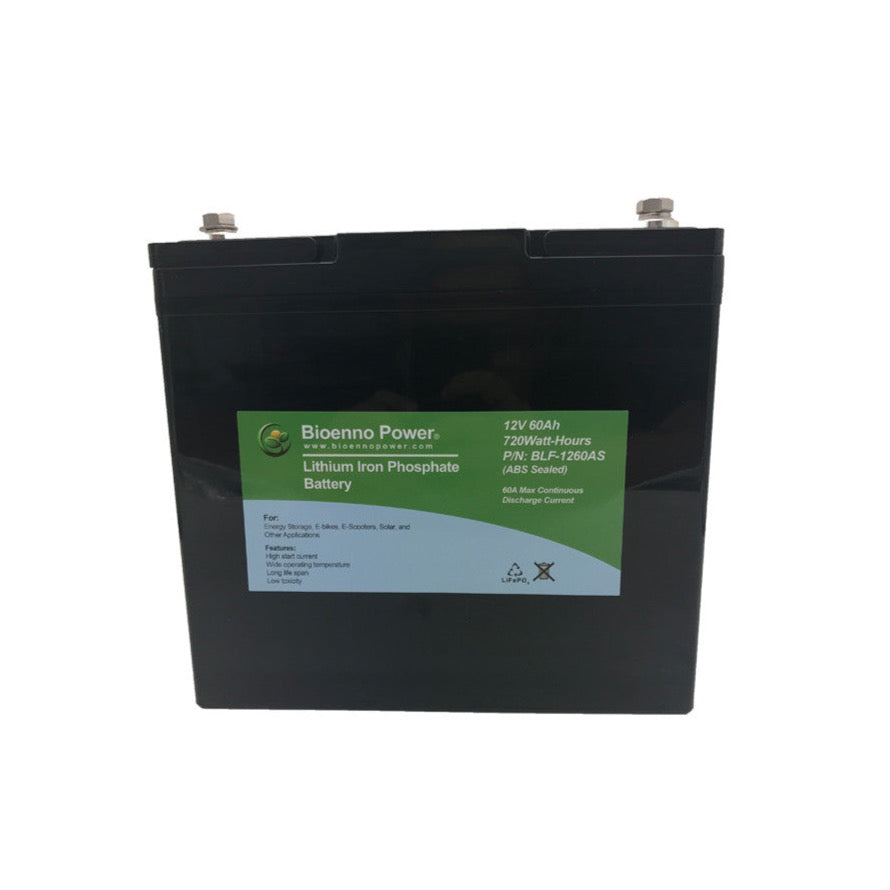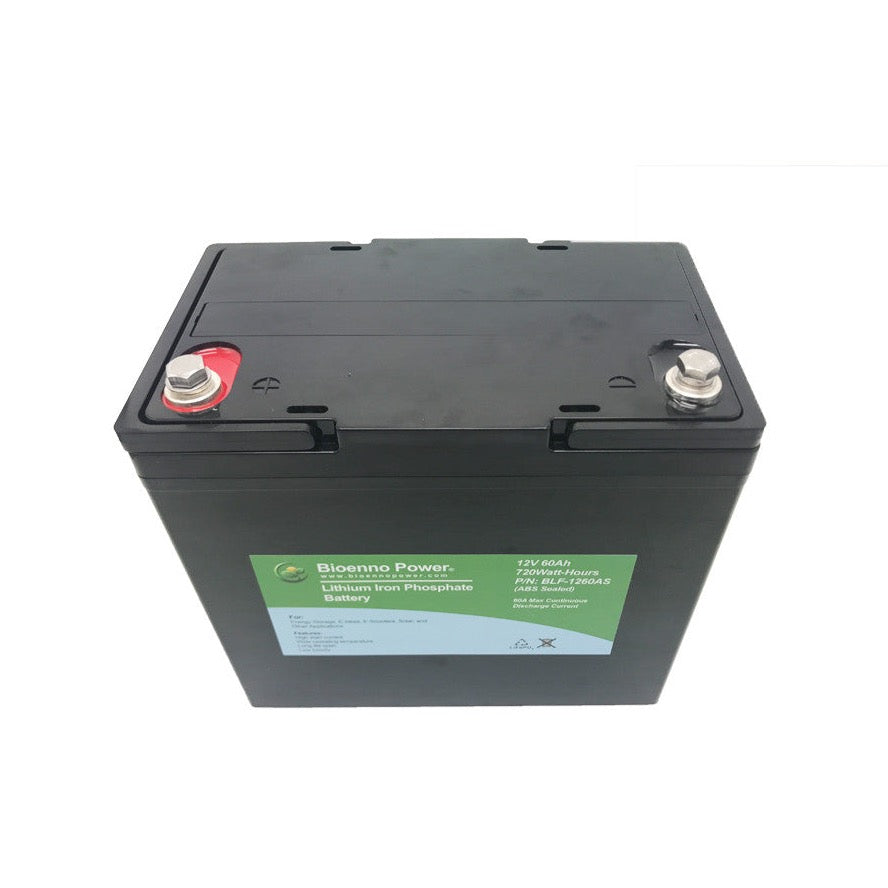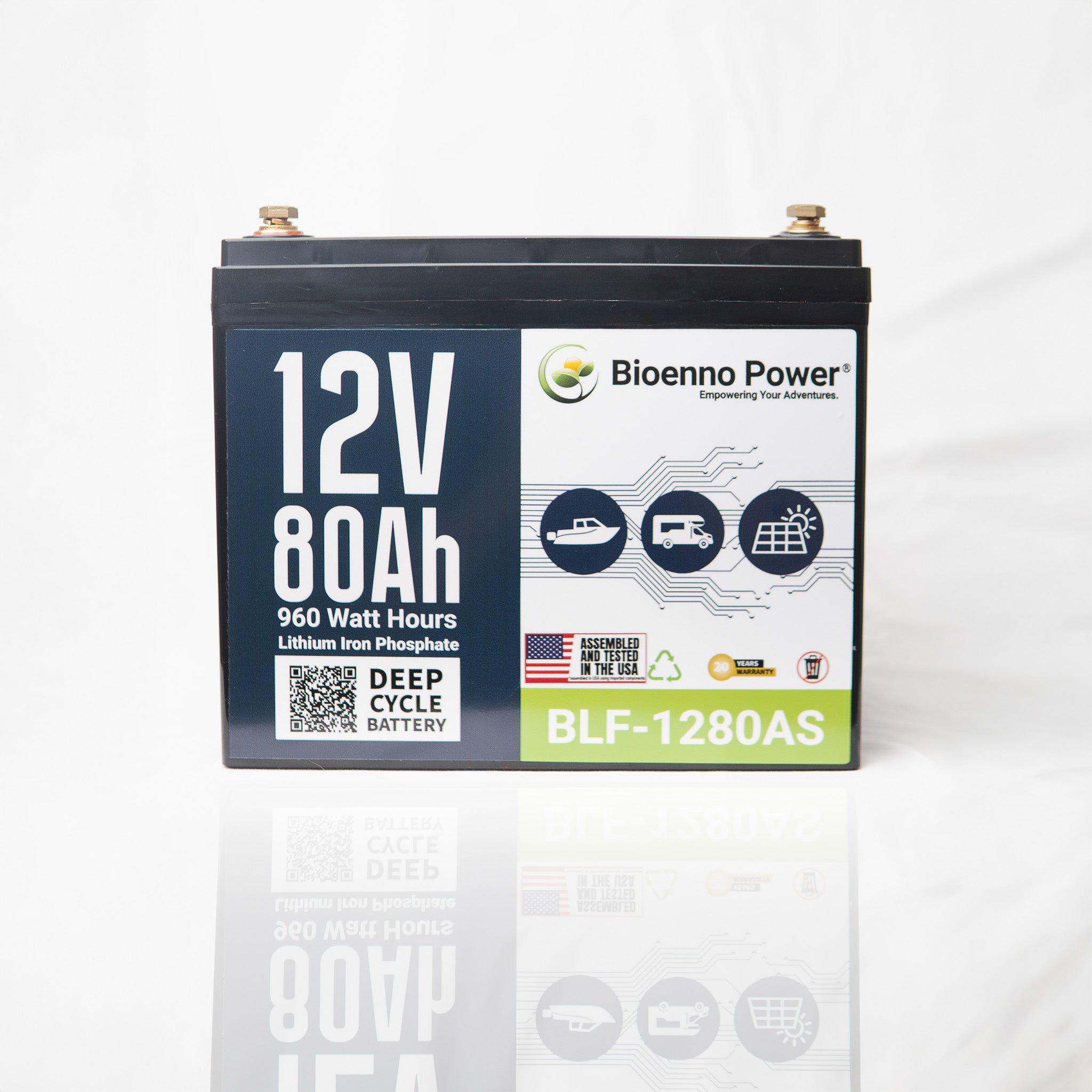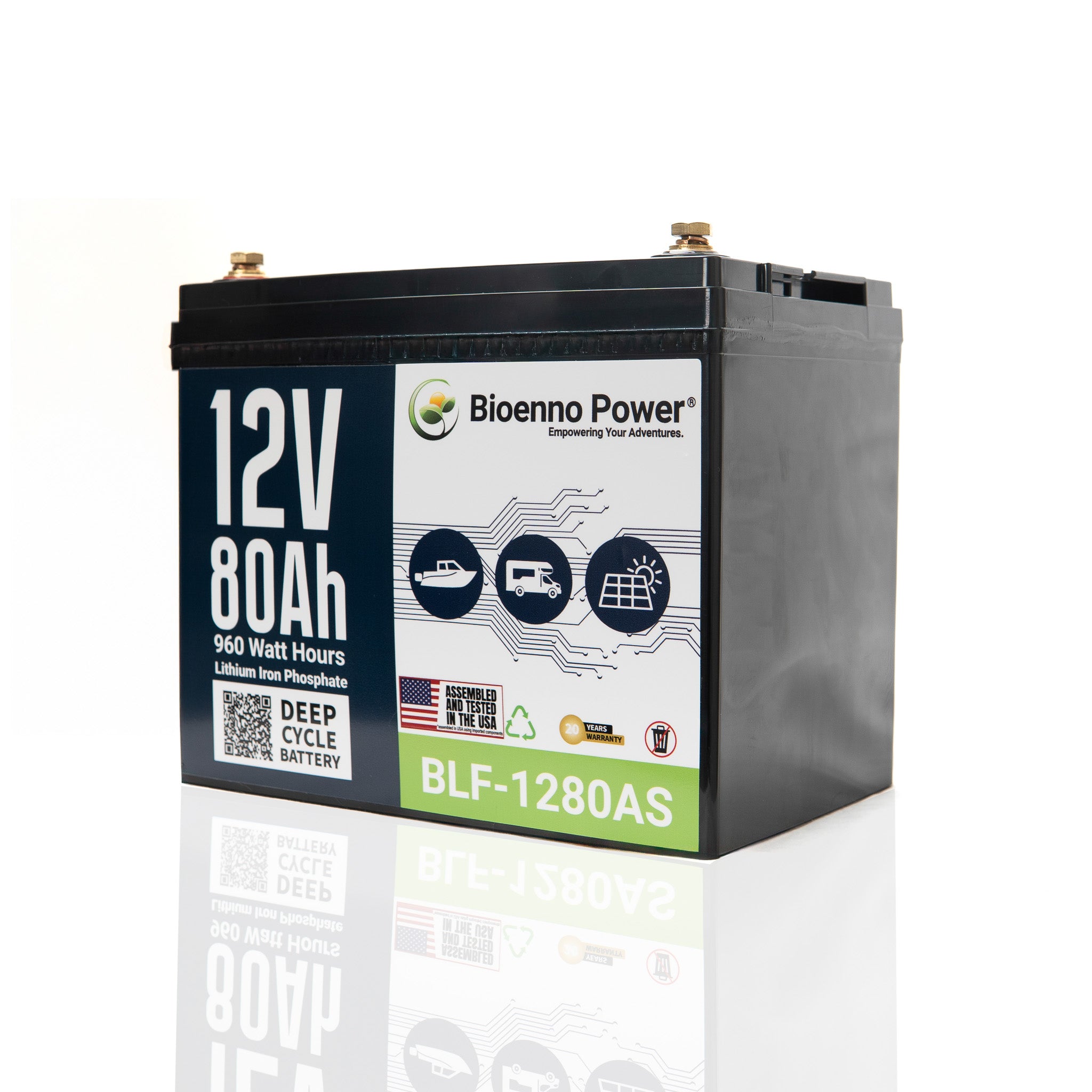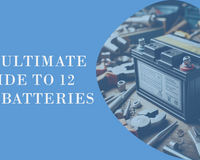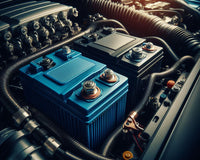Batteries are essential in various settings, from powering vehicles to supporting off-grid living. However, not all batteries serve the same purpose. The distinction between Deep Cycle Batteries and Regular Batteries is significant, especially for those involved in activities like boating, camping, or renewable energy systems. This guide will help you understand these differences, focusing on the features and applications of each type, including the increasingly popular Lithium Iron Phosphate (LiFePO4) batteries, a variant of deep cycle batteries.
Key Differences
Deep Cycle Battery: Designed for prolonged, steady power supply, Deep Cycle Batteries are ideal for applications requiring a constant energy flow over extended periods. They feature thicker plates and robust construction, allowing them to be charged and discharged repeatedly without significant performance loss. This makes them suitable for powering appliances in RVs, boats, and off-grid power systems.
Lithium Iron Phosphate Batteries: A subtype of Deep Cycle Batteries, LiFePO4 batteries, are known for their safety, long life, and stability. They can be deep cycle or starter batteries, offering high energy density and a longer lifespan compared to traditional lead-acid batteries. These batteries are lightweight and environmentally friendly, making them an excellent choice for renewable energy storage and electric vehicles.
For more information on LiFePO4 batteries, visit Battery University or read Clean Energy Reviews article about the difference between Lithium-Ion and Lead-Acid batteries Clean Energy Reviews.
Regular Battery: Also known as a starting or automotive battery, a Regular Battery is optimized for delivering short, intense bursts of energy to start engines quickly. They are not designed for prolonged discharge, making them ideal for vehicles where rapid surges of power are needed occasionally.
Applications
Deep Cycle Battery: Common in settings where continuous power is necessary, like marine applications or renewable energy setups. They are capable of long discharge-recharge cycles, supporting devices that need a steady power supply.
Regular Battery: Best suited for vehicles requiring quick energy surges for starting engines, such as cars, motorcycles, or trucks. They are not designed for long, deep discharges, as this can significantly reduce their lifespan.
Design and Composition
Read our full guide to Deep Cycle batteries for details about design and composition.
Charging and Recharging

Deep Cycle Battery: These batteries can handle repeated deep discharges and recharges, tolerating deeper discharges before needing a recharge. This feature allows them to endure frequent cycling without harm.
Regular Battery: More prone to damage from deep discharges and rapid cycling. Frequent deep discharges can diminish their lifespan and lead to premature failure.
Conclusion
Choosing the right battery type is crucial for meeting specific power needs. Deep Cycle Batteries, including LiFePO4 variants, are suitable for long-term, continuous power applications, while Regular Batteries are ideal for short, high-energy bursts needed in vehicle ignition. Understanding these differences ensures efficient and effective use of battery technology in various applications.
FAQs
What is a Lithium Iron Phosphate Battery?
Lithium Iron Phosphate Batteries, a type of Deep Cycle Battery, are known for their safety, long lifespan, and stability. They are environmentally friendly and used in a range of applications, from electric vehicles to renewable energy storage.
Can I use a Regular Battery in place of a Deep Cycle Battery?
Using a Regular Battery in place of a Deep Cycle Battery in applications requiring sustained power can lead to reduced performance and a shortened lifespan due to their design differences.
How do the charging needs differ between Deep Cycle and Regular Batteries?
This varies based on chemistry but in general, Deep Cycle Batteries can endure frequent discharges without significant impact on their performance. In contrast, Regular Batteries can be damaged by frequent deep cycling, affecting their longevity.


